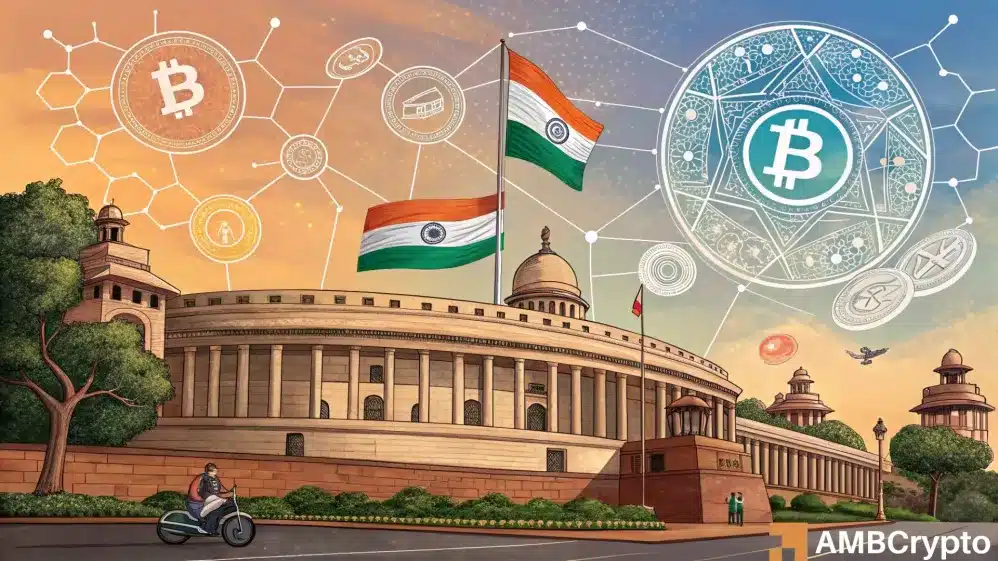- India will re -assess its cryptocurrency policy in the midst of global acceptance and changing international positions.
- The launch of Jio Platforms by Jiocoin meant the growing domestic involvement in blockchain technology.
While the global acceptance of cryptocurrency is accelerating, different countries evaluate their position compared to digital assets.
This shift has gained strength after the presidential victory of Donald Trump and his vision of setting up a ‘strategic Bitcoin reserve’.
Bitcoin [BTC]The historical increase in $ 100,000 has also intensified the discussions about legal frameworks.
However, this evolving landscape has also led to delays, including a postponed discussion document on cryptocurrencies that was initially planned for release in September 2024.
India’s Crypto Push
In the midst of this India, the policy of Cryptocurrency reviews againEmarking on which, the Indian Economic Affairs Secretary Ajay Seth said,
“More than one or two areas of law have changed their position compared to cryptocurrency in terms of use, their acceptance, where do they see the importance of crypto assets. In that pass we look again at the discussion document. ‘
Seth also emphasized that cryptocurrencies ‘do not believe in boundaries’, making it impractical for India to adopt a one -sided position.
Although he does not immediately refer to the United States, his comments come just after Trump has initiated a cryptocurrency working group.
The Task Force will prepare new crypto regulations and evaluate a national cryptocurrency reserve, to support Trump’s policy overhaul.
India’s Crypto Stance Review
That said, the growing dominance of India in the crypto space is becoming increasingly clear.
The country has assured first place in the latest Chainalysis Global Crypto Adoption Index reportReflection of high involvement in local stock exchanges, trader transactions and Defi.
In India, digital assets are currently subject to a steep load at 30% power gain, without distinction between trade in the short term and long -term investments.
In view of this, legal experts, including practitioner of the Supreme Court Amit Kumar Gupta, have criticized this tax policy as an excessive punitive.
Gupta also noted that authorities consider cryptocurrencies as more risky than gambling, which reflects the deep -rooted skepticism of the government in relation to the sector.
What is waiting for us?
Recently the introduction of JIO platforms from Jiocoin on the Polygon [POL] Netwerk emphasizes how large domestic companies embrace blockchain technology, despite the historical attitude of the government.
Despite these challenges, however, Indian investors remain very active in the crypto room, with high taxation and strict supervision.
As expected, the growing involvement of the country in digital assets suggests that only control resistance may not be sufficient to curb the acceptance.
Thus, since India is struggling with balancing innovation and control, the future of its cryptocurrency industry will depend on whether policy makers embrace a more progressive framework or continue the path of harsh regulation.

